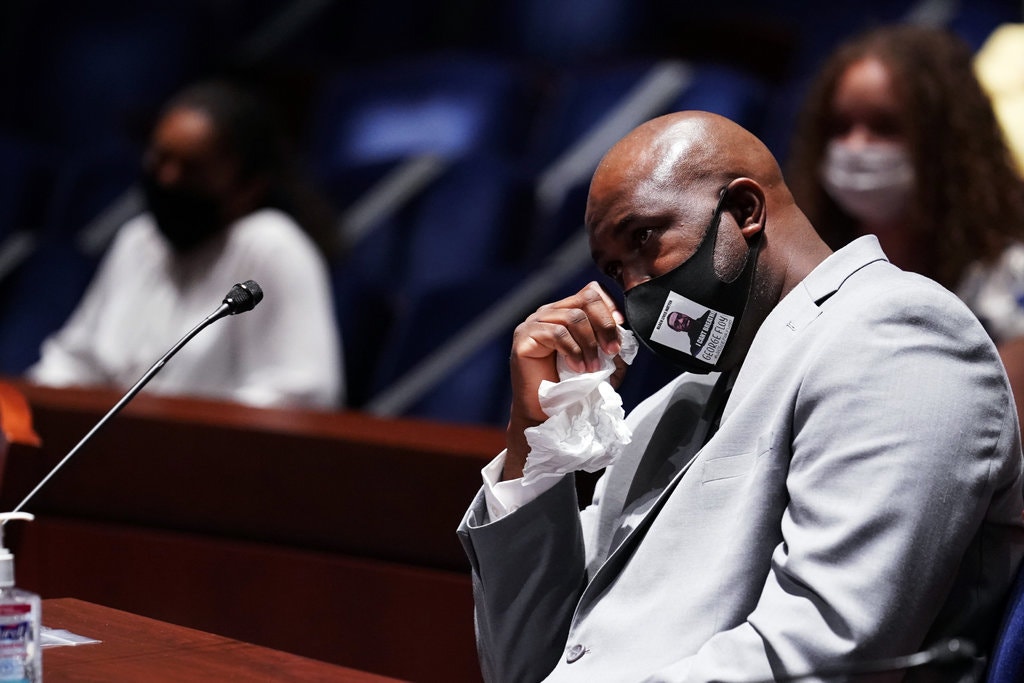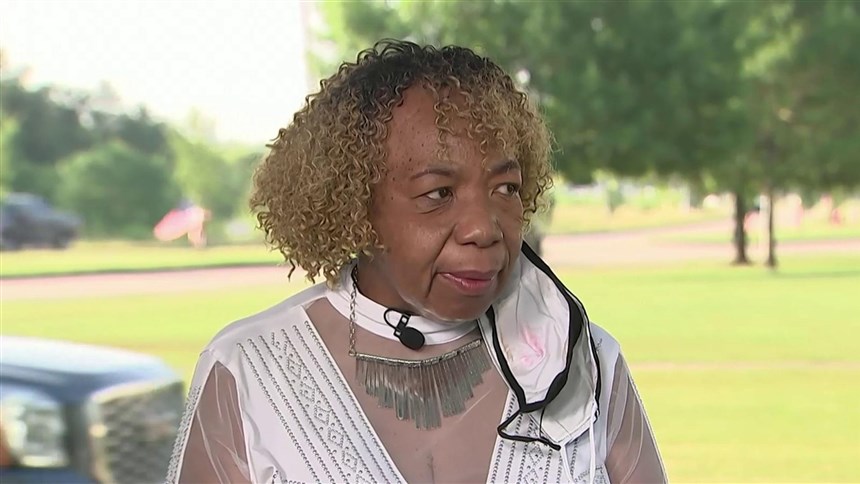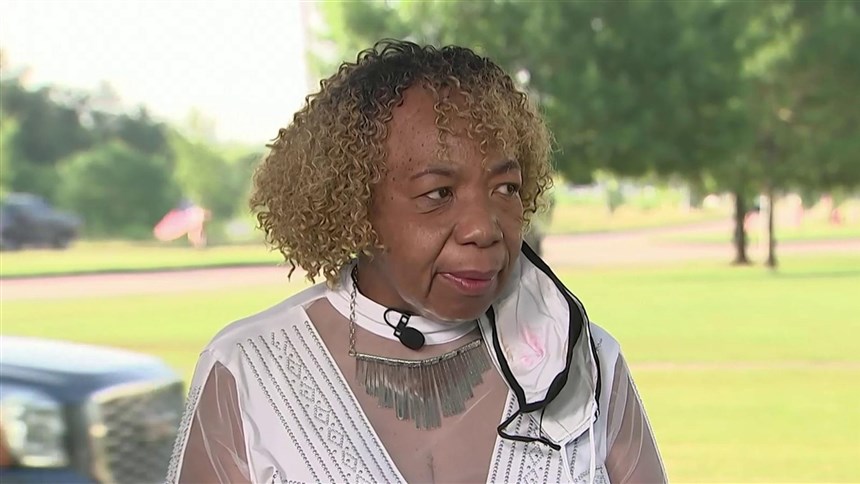
The last two weeks have been filled with images of grief, injustice, rage and despair. In the middle of March thousands of people have come forward talking about the losses and fears they are facing as a result of Covid-19. People have lost parents, sisters, children, partners and best friends from this wretched virus. Others have lost their jobs,their homes and their sense of security.
During the last few months I have been interviewed by a variety of national media outlets about how to cope with the uncertainty and grief. Every time I spoke to a reporter or talked to a patient about the impact of COVID and the increase in PTSD, depression and anxiety my gut filled up with pain. Every time I speak publicly about trauma I reflect on the years I lived in silence after surviving childhood abuse.
Through the years I have developed sayings I repeat to myself over and over, especially in times of crisis. When I wanted to give up and disappear I would say to myself, “Keep speaking Shari. You cannot change what happened to you.” But you can take what happened to you and pass on the lessons you have learned through your recovery.” Through the years I have learned how to reframe and redirect myself when I slip into despair and shame. I have learned that it is in speaking and knowing that we stay healthy and sane. I took these lessons and started applying them to my work as a therapist helping other victims who had experienced abuse, sudden loss, combat, 9/11 and related events.

The morning of George Floyd’s funeral I listened to Eric Garner’s mom talk with Craig Melvin of the Today Show. I did not want the interview to end. I wanted to reach through my television and give this woman the biggest hug as she talked about loved ones of victims needing to be empowered. For the last six years she has found ways to embrace and encourage others who have suffered similar losses. Prior to this interview I had not heard about her story. She talked to Craig about her son’s death in 2014. Garner’s mother has lived with the injustice of her son’s death for over six years. Her son’s brutal death committed by a New York police officer was also caught on camera, but no charges were filed against this officer. Earlier this week, New York lawmakers announced that the use of illegal choke holds would be punishable with criminal charges.
A few thoughts raced through my mind as I listened to Gwen Carr share her story, “How did she even get out of bed and keep living after such a devastating loss?” “How does she cope with the feelings that get stirred up as she attends funerals and visits with family members burying their children?”
“Eric Garner’s mother: Loved Ones of Victims Need to be Empowered,” with NBC News Today Show with Craig Melvin
Earlier today news outlets shared clips of George Floyd’s brother, Philonise Floyd talking to Congress on Capital Hill. He sobbed as he talked with lawmakers about his brother and the need for police reform. A day after he attended his brother’s funeral he found a way to take his pain and flip it into action. As I watched the footage of Philonise Floyd talking to Congress I began thinking about a session I had with a patient earlier today. She started therapy to reclaim her life after surviving a multitude of trauma that never got addressed. She has suffered in silence for years. When I sit with her I am reminded of the years I felt like my life was a waste. I remember the times I spoke about my abuse to my therapist and walked out of those sessions feeling shame. I remember the times when I felt hopeless and overwhelmed with grief. I remember the times when the rage about what was done to me took over my mind and body. I remember how I would re-direct these emotions because I wanted to live. I was determined to not let what happened to me ruin the decades of life I had ahead of me.
Rather than stay in the horror of these flashbacks, I reminded myself about the lessons I have learned about thriving after unimaginable loss. I took my yoga mat onto my porch. I sat with the sadness I feel for anyone who knew George Floyd and I pictured myself wrapping my arms around Gwen Carr. I thought about all the images of people peacefully protesting for change and racial equality. The same themes kept running through my mind. It is in knowing and speaking that we can continue moving forward. Gwen Carr talked to Craig about the power of her advocacy and how it has helped her stay sane. I am almost certain George Floyd’s brother will realize as the weeks go by that he can find a way back after his devastating loss. My hope for him is that he will continue to share his pain and keep fighting for change. It does not bring his brother back, but it may provide him with purpose and meaning moving forward.
Every time we talk about what happened to us or what we are grieving, we heal. When we allow ourselves to show our anguish or grief we are less alone. When we empower ourselves to take our rage and turn it into positive action we have hope. When we connect with others and receive support, we have more energy to recover and find ways to live a good life. This one is for you Gwen Carr and Philonise Floyd. Your stories inspire us and will save many lives!


